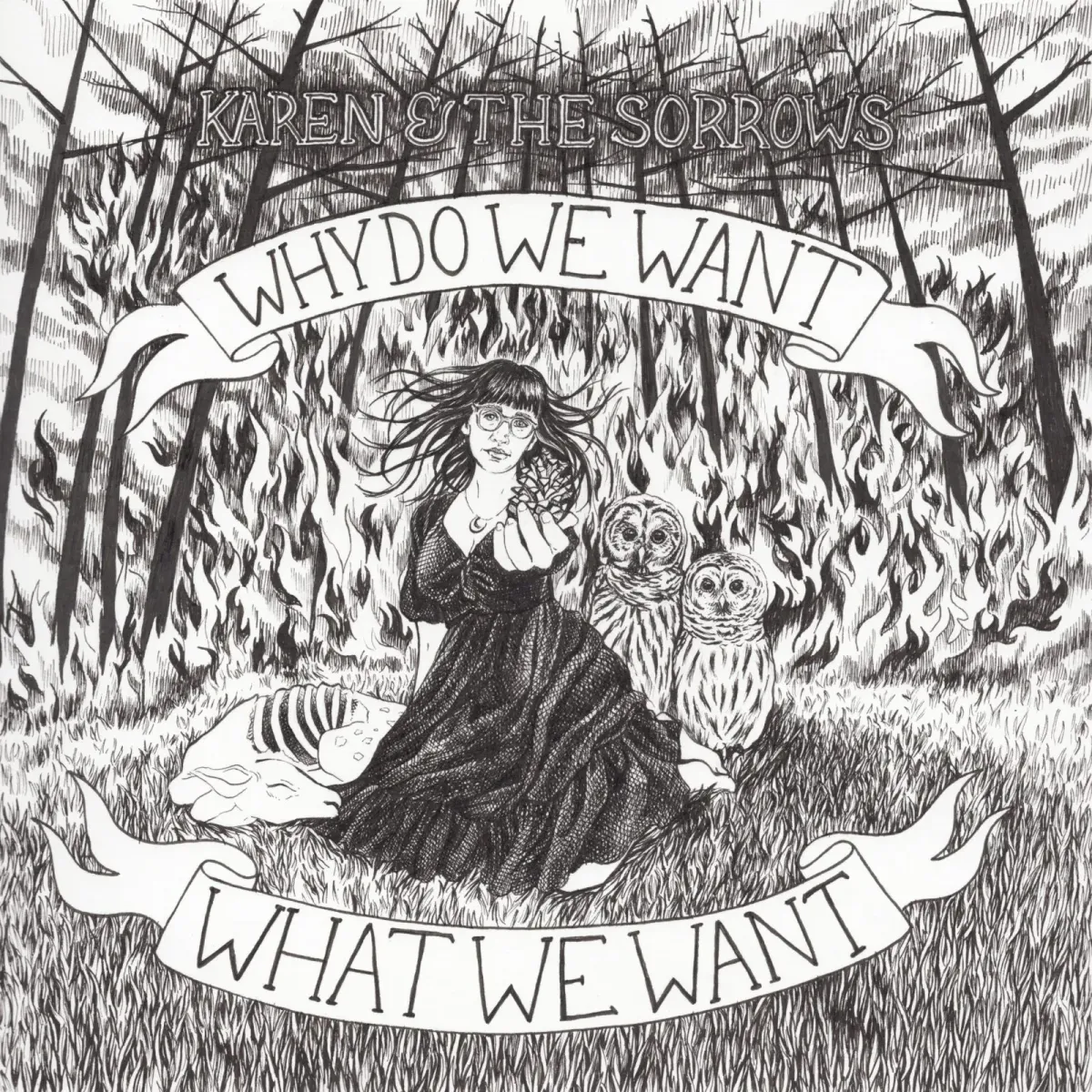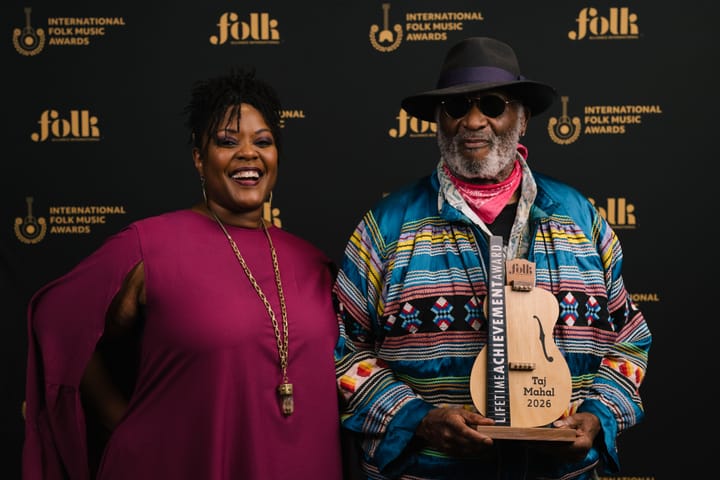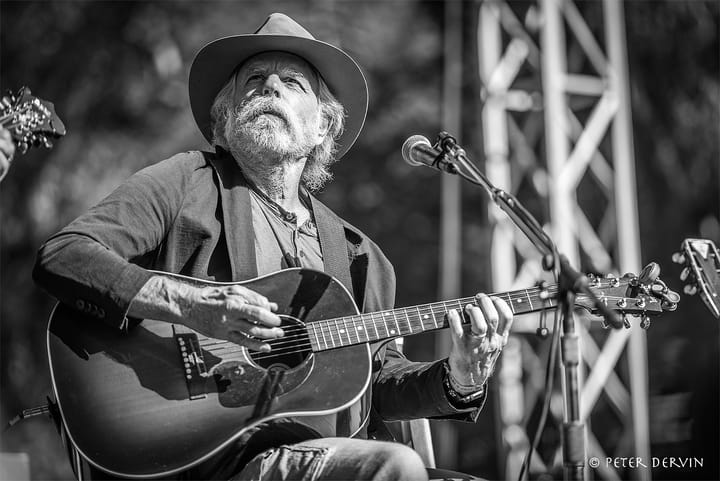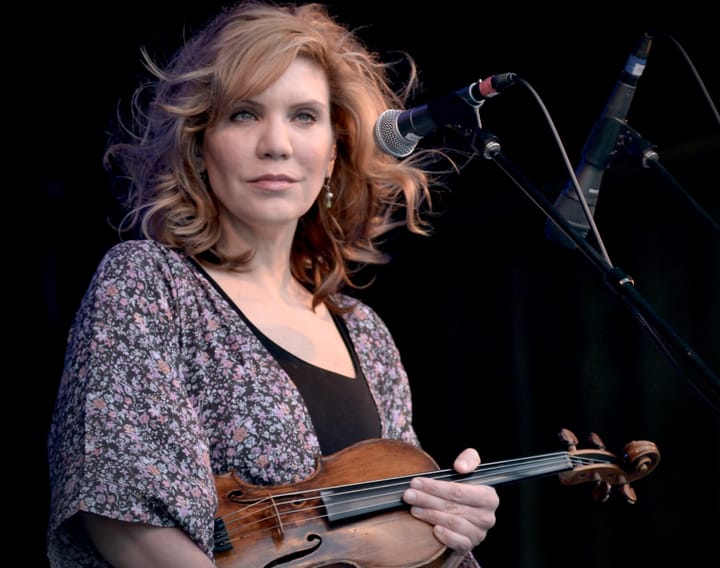EDITOR'S NOTE: Queer artists and queer country music make up an essential part of the independent music community No Depression is proud to cover. Like the best folk musicians, they both challenge and uplift its traditions, moving the genre and culture forward in important, innovative ways. This month, we're pleased to share a new column highlighting some of these contributions – still too often overlooked – from long-time No Depression contributor Rachel Cholst.
When I first tiptoed into an overfull backroom at Brooklyn's Branded Saloon in 2012, I felt like I was at a summer camp singalong. Everyone was entranced, sitting on the floor and listening thoughtfully to queer country band Karen and the Sorrows. Lead singer Karen Pittelman grinned at me and my friends and invited us up front – a reminder that music is about finding comfort together. I didn’t know that the night would lead me to becoming part of a movement.
I suppose some introductions are in order, though you’ve seen me around. I’ve been writing album reviews for No Depression in some form or other since 2012, when the site was mostly built on user-generated posts – an alt-country Reddit, if you will. Thanks to some fellow nerds on the site, I stumbled into a network of musicians I never imagined: queer country artists (including Pittelman) – in my backyard of Brooklyn, no less. That small act of camaraderie has led to a semi-professional freelance career, my editing the website and zine Rainbow Rodeo, speaking at the Country Radio Seminar (a conference of country radio professionals), and serving as the “voice” of Sirius XM’s annual Country Pride channel.
I don’t say all this to boast; none of this would have happened without seeing what was possible – the inspiration of artists who tough it out through the grueling labyrinth of independent music and the support of journalists and editors who try to amplify them, including this community. Just as I’ve grown from writing on Blogspot three times a week to giving professional advice (lol, lmao even), queer country artists have transitioned from picking in the margins to playing the Opry – without having to compromise themselves. (As long as they’re outside of Music Row, but that’s another column.)
When most people think of queer country, they might name Orville Peck or Brandi Carlile. On the radio, we have TJ of the Brothers Osborne, with other Nashville-based artists like Brooke Eden, Chris Housman, Fancy Hagood, and the Kentucky Gentlemen looking for their spots on country radio’s notoriously staid airwaves. (And, of course, artists like Maren Morris who have taken a break from country music altogether.) Beyond country radio, the Grand Ole Opry and Country Music Hall of Fame have begun to uplift queer artists – including Chely Wright’s triumphant return. But before the mainstream attention, there were scrappy scenes with fiercely independent artists in queer enclaves across the country – well outside of Nashville and its limitations.
This week, I want to give you an all-too-brief primer on queer country and where the scene stands today. What interests me right now is documenting queer country as the scene itself is becoming more institutionalized. How do we build a queer country canon? First, we start with the scene’s founder, Lavender Country, and then we turn to the influence of Karen Pittelman, the moral compass who has nurtured queer country since 2011.




